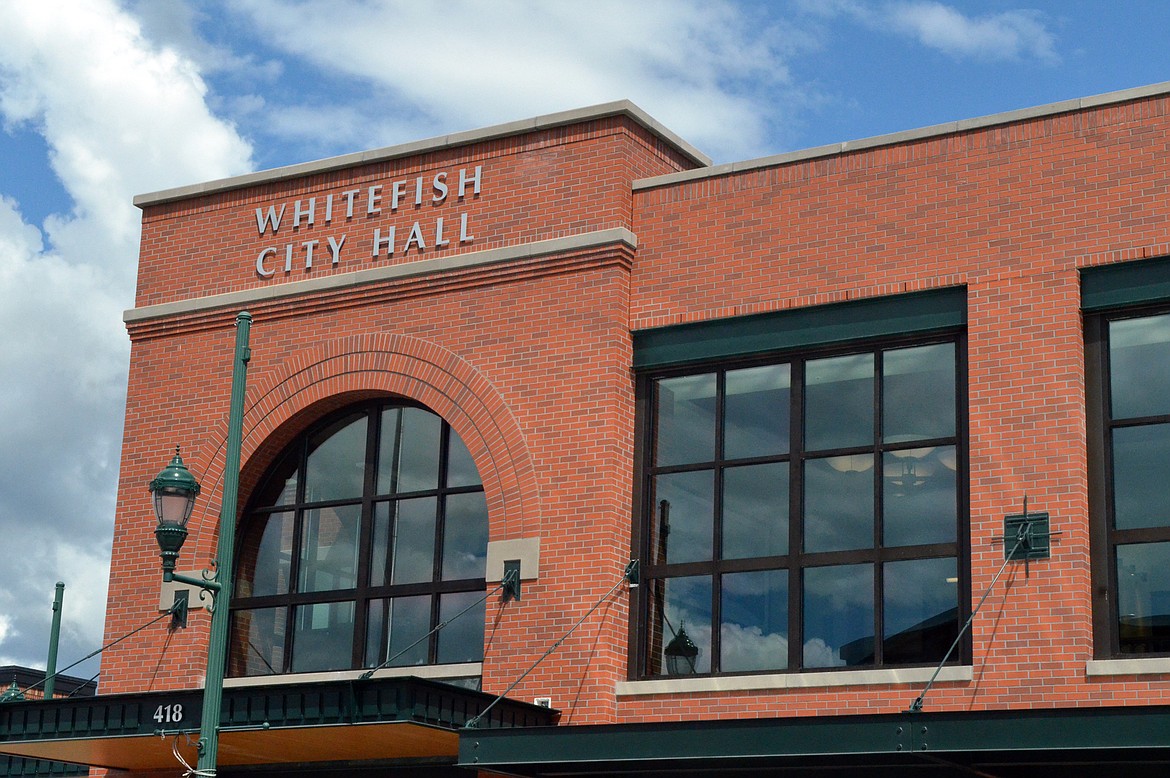Whitefish considers easing restrictions on accessory apartments to create housing
Whitefish City Council on Monday is set to consider an overhaul of its regulations relating to accessory apartments with the goal of creating more workforce housing.
Council will hold a public hearing on a list of proposed changes to its zoning code regarding accessory apartments, now called accessory dwelling units, aimed at streamlining the process for approving such apartments. City Council meets at 7:10 p.m. at City Hall.
A list of changes is proposed, including that both the primary home and the apartment could be rented out under the changes. The current code requires that the owner must reside in the primary residence in order to rent out the apartment.
Current regulations require that the apartment be attached to a single-family residence or garage, but the new regulations would allow it to be attached or detached. Current accessory apartments are limited to 600 square feet, but changes would allow for them to be 800 square feet.
The revision also includes some incentives to construct and rent out accessory units. Owners who voluntarily deed-restrict the apartment to be rented to a local person could get a reimbursement on their building permit or impact fees and have a reduction in the parking requirements.
Changes also make the process of obtaining a conditional-use permit for an accessory apartment to be more streamlined. Now a conditional-use permit is required for the apartment, which must go through the Planning Board and City Council for approval. Under the changes, an accessory apartment could be granted through an administrative conditional-use permit approved by the planning department unless its deed-restricted for a local resident then it would be a permitted use.
The city has received a handful of comments from those in favor of the updates.
Jeanne Langan told council in an email that in her 10 years as a resident of the town working in downtown businesses or on local farms it has become difficult to secure housing.
“Even in my years here, it has become increasingly and incredibly difficult for myself, and other full-time, working-class residents to find housing,” she wrote. “Quite often this makes it impossible for us to continue our work, careers, and lives here.”
The changes to the accessory apartment regulations are a response to the city’s 2017 Strategic Housing Plan that suggested various updates to the city’s zoning code to encourage affordable housing options.
Since 2005, there have been 61 accessory dwelling units permitted and 39 have been constructed. For comparison, during the same timeframe, the city has issued residential building permits for 1,809 units with accessory dwelling units accounting for 2.2% of total residential units constructed in the city, according to the planning department.
DURING A public hearing, Council will consider a request by 444 Central Avenue LLC for a conditional use permit to develop four single-family condominium units in three detached buildings at 444 Central Ave. The site is developed with two residential structures, converted in the past to six apartments that will be removed as part of the project.
The design calls for two attached units along Central Avenue and two smaller detached units along the alley. Each unit will have two parking spaces, one in a garage and one uncovered in a driveway.
Council will also consider a contract for the second phase of the Texas Avenue reconstruction project. The project will reconstruct Texas Avenue from Edgewood Place to Denver Avenue, and Edgewood from Texas to the eastern city limits.
The public works department is recommending that a construction contract be awarded to LHC, Inc. at a cost of $3.08 million. Though the bid came in 22% above the engineering estimate and was the only bid received, the public works department says the bid is competitive.
The project is being funded by the resort tax fund, the stormwater fund and water impact fee fund.
During a work session beginning at 5:45 p.m., council will continue its discussion of creating the WB-T business transitional district zoning. The new zoning district comes out of the city’s Highway 93 South Corridor Plan and has been a topic of discussion for several months as Council looks to hammer out the details of the zoning district.
In addition to in-person at City Hall, the meeting is available to view and comment via Webex.
Instructions can be found on the city’s website at https://www.cityofwhitefish.org/.
Features editor Heidi Desch may be reached at 758-4421 or hdesch@dailyinterlake.com.


